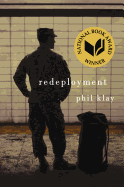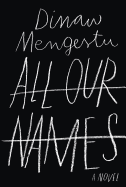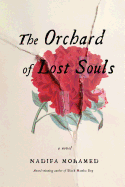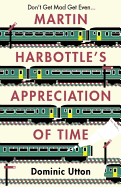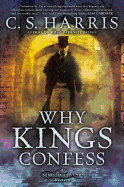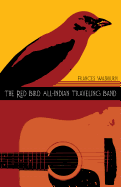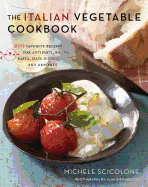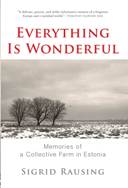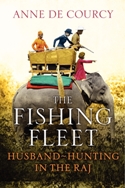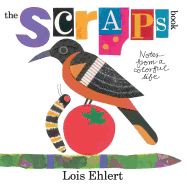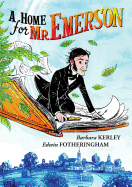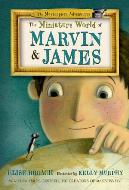 |
| photo: Daniel Portnoy |
Popular humorist Dave Barry's newest book is You Can Date Boys When You're Forty: Dave Barry on Parenting and Other Topics He Knows Very Little About (Putnam, $26.95), entertaining essays based on Barry's life, including "What Women Want," an exploration of why Fifty Shades of Grey has become such a success, and "Seeking WiFi in the Holy Land," a surprisingly poignant tale of the Barry family's trip to Israel.
The book doesn't offer any actual advice on parenting, though there is a hilarious essay called "Sophie, Stella and the Bieber Plan," in which Barry's daughter and her best friend plan a foolproof way to meet the teen idol: "Me: You know, Justin Bieber doesn't have any idea who you are. Sophie: Not yet."
Do you miss writing a weekly column?
I do not. I did that for a long time, and I do not miss it. I wrote before that, and started writing the column in the mid-'70s. It was the best job I ever had, but I was really ready to stop, and I felt like I wanted to write more fiction. It was a good idea to stop before I had to.
How has success changed you?
I started a newspaper and moved on to teaching effective writing courses--I thought that was going to be my job for the rest of my life. I'd write freelance humor columns as a hobby, but my day job would be teaching businesspeople how to write a memo.
When it turned around in the early '80s, when my column started to take off (after five or six years of assuming it wouldn't work), it was really wonderful! You can sit around in your underwear and write about boogers and you'll never need to stop!
Writers are supposed to suffer. I have no complaints about my life. I wish I had taken better care of my gums. If I could go back in time, I would tell me to take better care of my gums. Heck, I would go back and tell Hitler to take care of his gums.
Your essay "How to Become a Professional Author" is actually the worst advice possible.
Just do the exact opposite. I wanted to take on all the misconceptions people have about writing. This is as close as I come to an inside joke, but most successful writers reading that chapter will know where I come from. Write what you know, and I know this subject very well. It was easy for me to skewer it, and I haven't seen it done much.
 Why did you take a trip to Israel?
Why did you take a trip to Israel?
My wife and daughter are Jewish, and we belong to a Reform temple. This temple has a trip every year to go to Israel. I wasn't thinking about writing about it until I got there. It was exotic and interesting enough when we got there, so I kept a little diary day to day. My big worry was that there's so much tension around the Middle East, and people with really strong views, that maybe a humor writer shouldn't mess with it. But I tried to take it strictly from the point of view of a guy that doesn't know much about it.
The journal wasn't jokey at first; I wrote just so I would remember. If I saw something fun to write about, like camel riding, I'd make some humorous notes. It was fun. I love doing travel writing--I'm the father of a 13-year-old-girl, and my wife is a traveling sportswriter.
How do you justify writing an essay that essentially reinforces the stereotype that women love to talk while men mainly watch sports?
I believe there's a powerful reason for that stereotype. I'm always stunned by how many things my wife has to talk about. She actually has things to talk about--she thinks more than I do, she has more friends than I do, she has a lot more going on in her mind. My wife could fill 240 pages in an hour, while this book took me a whole year.
What's your least favorite thing about being a writer?
You don't know what it is you're going to create. I'm envious of people that know exactly what they have to do--the task is there before them. With writing, you know what the task is, you just don't know how to do it. There's a certain insecurity. Each time you come out with a new thing, this one might suck. You'll get bad reviews, stuff like that.
I think you get used to that for the most part. I stopped reading reviews many years ago--nothing good comes of it except you feel horrible with bad reviews and okay with good reviews. In the end, the book will sell what it sells, and your next book will do what it does. If I'm sent a great review, then I'll read it.
What's your favorite part?
Without question, the freedom and flexibility. I have to laugh when writers talk about how hard it is, the pain. Do you really feel that way? You get to sit down and people pay you for it? All the jobs that you could have, humor writer is even better. I sit there all day long, looking out my window and these cars go by doing important things. I'm in here with nothing to do but make peanut butter sandwiches. --Rob LeFebvre, freelance writer and editor
Dave Barry: Peanut Butter Sandwiches and No Complaints
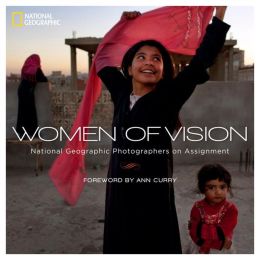




 Why did you take a trip to Israel?
Why did you take a trip to Israel?